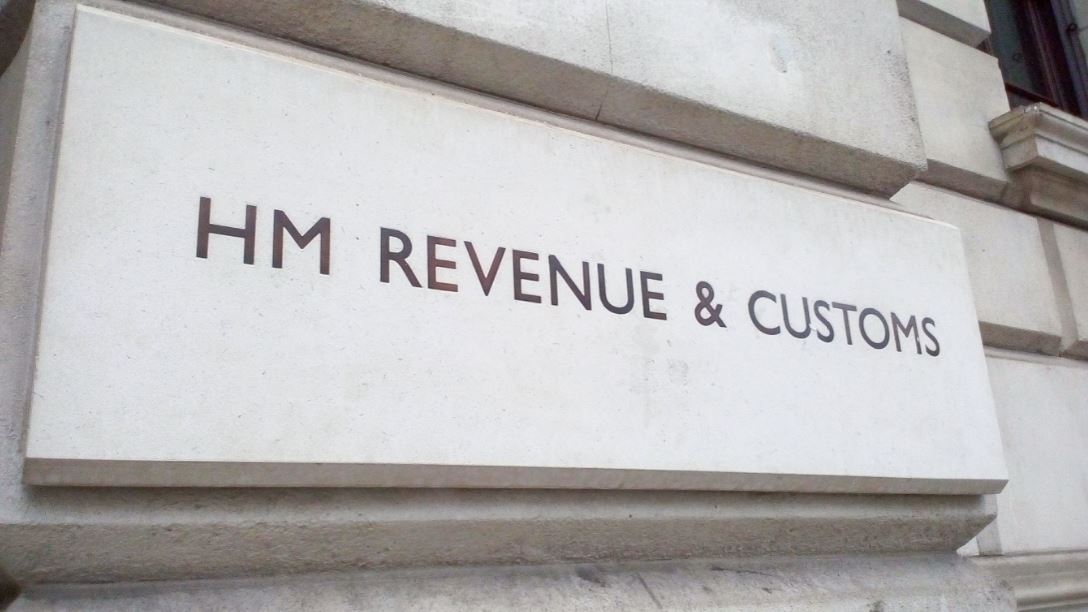HMRC is introducing temporary measures to help exporters when they apply for, and receive, ‘preference documents’ from HMRC via email when exporting goods under UK and EU preferential trade agreements.
The switch to digital transfer of documents also covers preferential trade imports.
‘Preference documents’ allow exporters and importers to benefit from reduced or zero rates of duty where trade agreements between the UK and other countries exist. See also note at the end of this article.
For a quick update on the HMRC announcements, please click here
The ‘preference countries’ included in the measure are detailed in section 1.5 of this notice.
Switch to online
HMRC says it is unable to issue original hard copy movement certificates and that instead businesses should complete the appropriate online form:
- movement of goods to and from Turkey - A.TR (C1232)
- claim preferential duty rates on goods exported to countries that have a preferential trading agreement with the EU - EUR1 (C1299)
- record preferential trade in goods between the UK and participating countries - EUR1-MED (C1300)
Businesses must include the company’s email address on the form.
HMRC advises:
1) Companies must include their company’s email address on the form. Once completed, they should attach and send the form in an email, putting either ‘EUR1 endorsement’, ‘A.TR endorsement’ or ‘EURMED endorsement’ in the subject line to: NCH.Movements.Digital@hmrc.gov.uk.
2) HMRC will check and verify applications and send them back to companies’ email addresses within 48 hours.
Once COVID-19 restrictions are lifted, an exporter’s customer may ask for an original certificate. HMRC will issue an original, by exception, though exporters must give evidence that the customs authority in the country of destination has specifically asked for it.
Exporters will need to email their requests and evidence to: NCH.Movements.Digital@hmrc.gov.uk.
Imports
HMRC also announced that due to the economic impact of COVID-19, businesses do not need to provide original A.TR forms or original forms EUR1/EUR-MED.
Preferential tariff rates can be claimed based on a copy, including electronic copies, of the original preference certificate held by the declarant without the need to lodge a security.
The copy can either be:
- signed and stamped by the certifying authority
- digitally signed by the certifying authority
This applies to certificates issued since 1 March 2020 and until restrictions are lifted.
What are ‘preference documents’?
Preference documents are important to ensure that exporters and importers benefit from preferential trade, at reduced or zero rates of duty, where trade agreements exist between the UK, the EU and other countries.
There are several ways in which preference documents can be obtained, including accredited Chambers of Commerce and HMRC.
‘Approved Exporter’ status should also be a serious consideration which simplifies export processes.
The Approved Exporter is allowed to certify the preferential origin themselves by including a specific declaration on the invoice and through use of the Registered Exporter System (REX).




